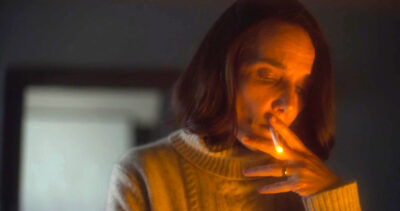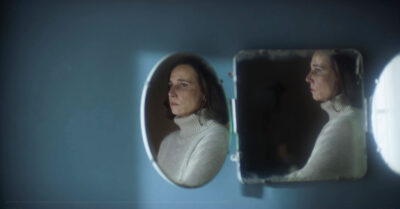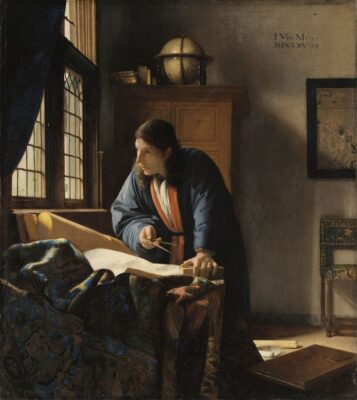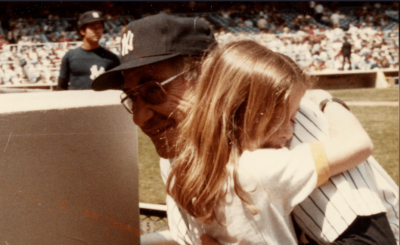Monica is an intimate portrait of a woman who returns home after a long absence to confront the wounds of her past. Reconnecting with her mother and the rest of her family for the first time since leaving as a teenager, Monica embarks on a path of healing and acceptance. The film delves into her internal world and state of mind, her pain and fears, her needs and desires, to explore the universal themes of abandonment and forgiveness.
Monica marks a major first foray into U.S. theaters for filmmaker Andrea Pallaoro, a fresh new voice in Italian cinema who has been making a stir with audiences overseas. A collaboration between breakout star Trace Lysette (Transparent), Oscar nominee Patricia Clarkson, and Emily Browning, the film stood out at last year’s Venice Film Festival, where it competed for the Golden Lion, Queer Lion, and won the Arca CinemaGiovani Award for best Italian Feature before eventually screening in competition at major film festivals in Chicago, Annecy, and Warsaw.
Critical praise for Monica has been almost universal:
“Monica raises the bar for trans stories onscreen, and Lysette takes her rightful place as its muse.” ~ Jude Dry, indieWire
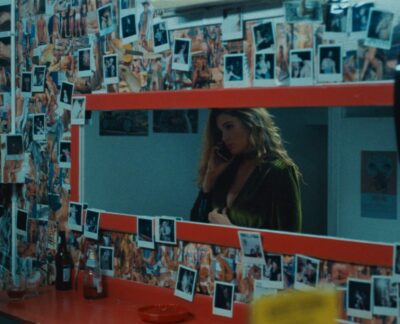
“A quiet, heartfelt, and beautifully nuanced drama that feels unique and universal.” ~ Peter Sobczynski, RogerEbert.com
“Director Andrea Pallaoro doesn’t burden this delicate tale of reconciliation with long monologues or extensive back stories, and the performances are compelling in their restraint.” Teo Bugbee, New York Times
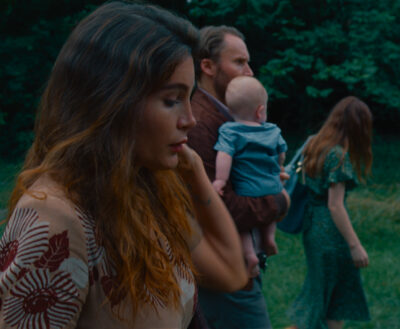
“Monica is a wondrous work in terms of painting with light, in which the select shadows tell their own story.” ~ Nick Allen, RogerEbert.com
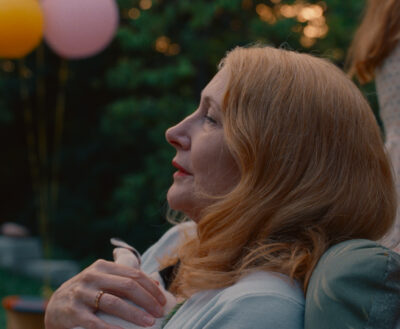
“Director and co-writer Andrea Pallaoro banishes easy sentiment and proselytising in this touching film, allowing the audience to take a journey with the titular Monica and discover her story on the way.” ~ Fionnuala Halligan, Screen International

